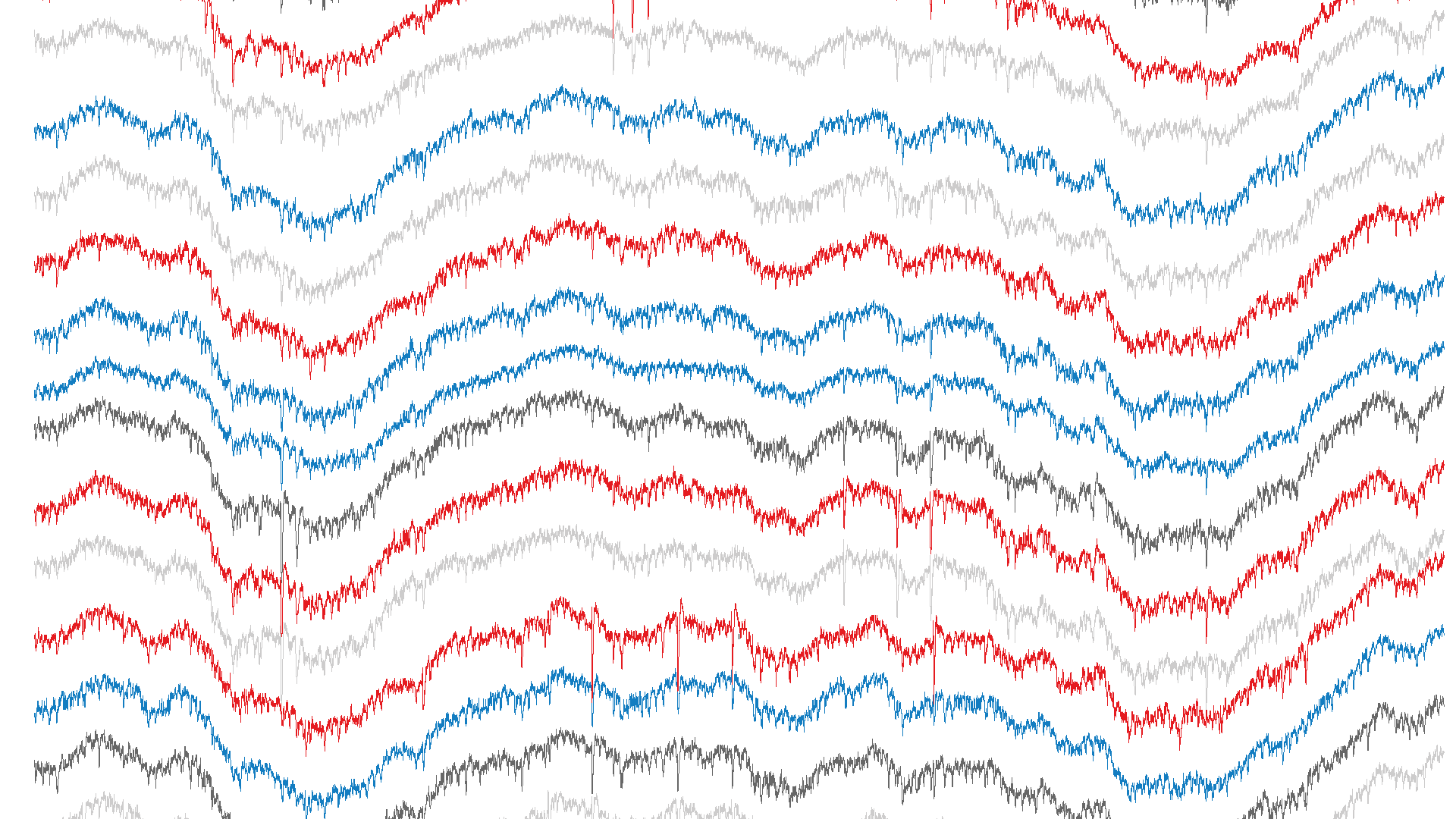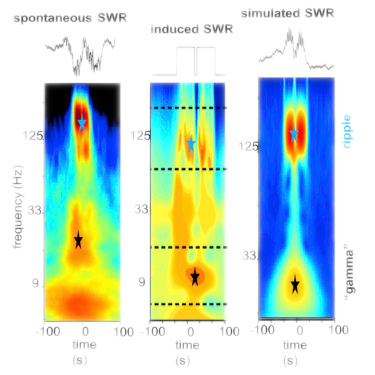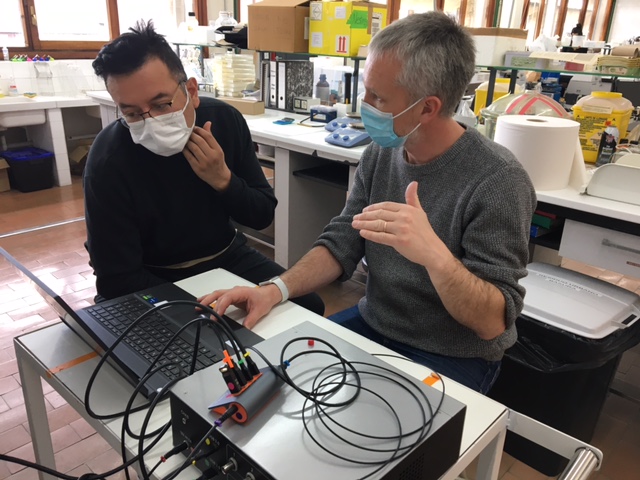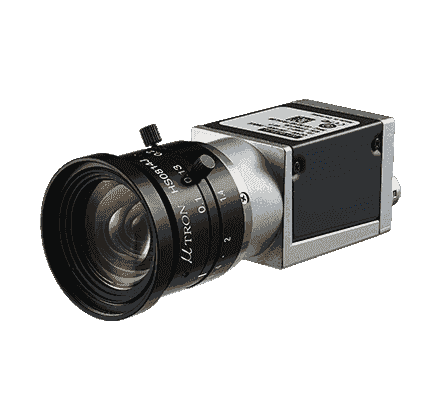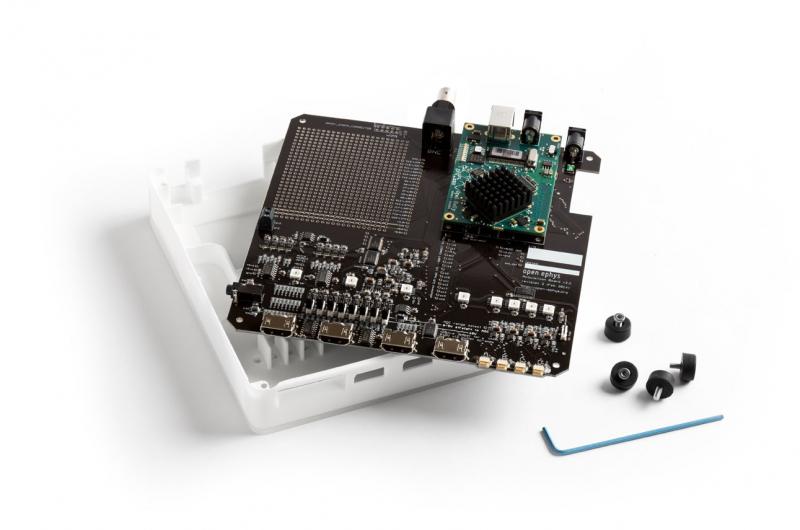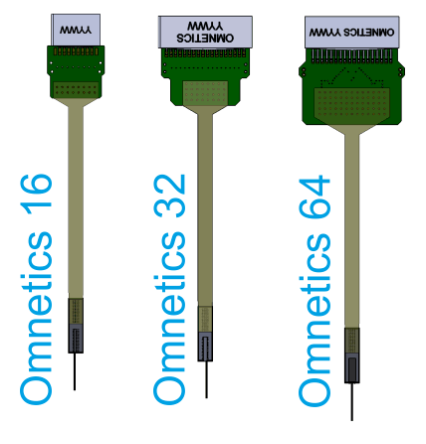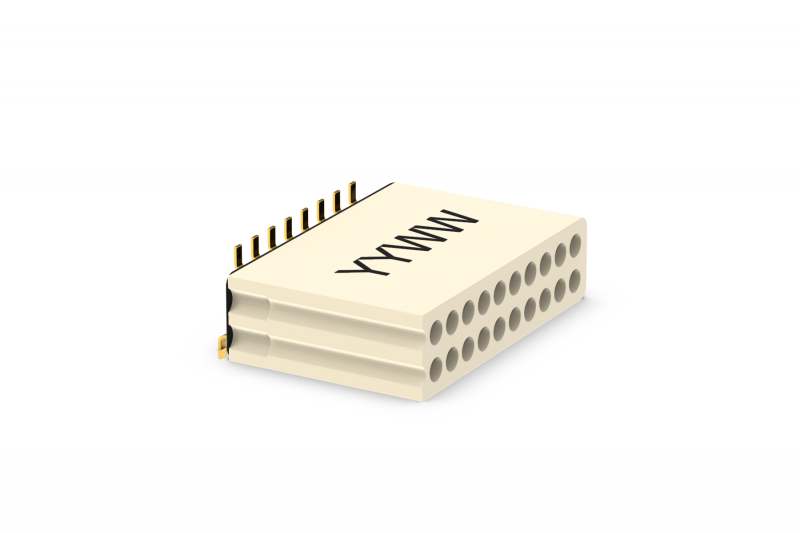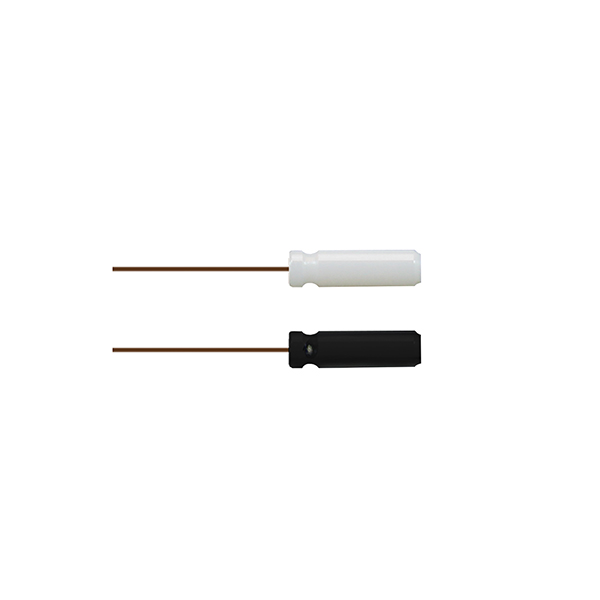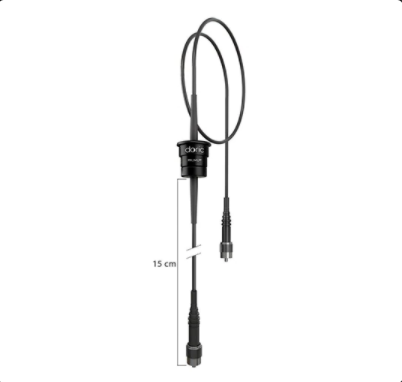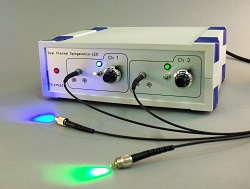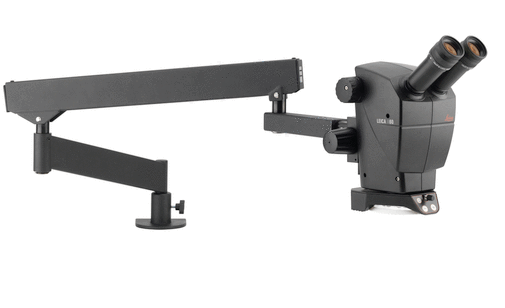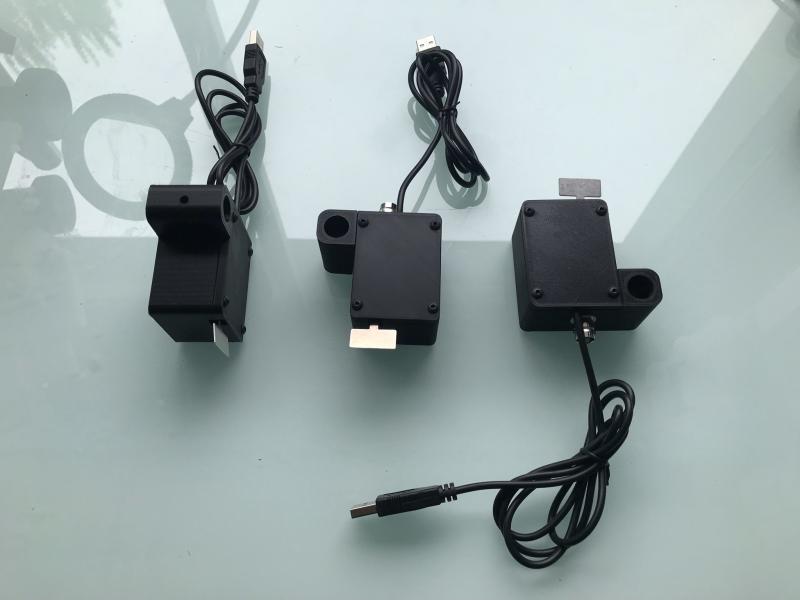Electrophysiology makes it possible to make neuronal recordings in freely behaving animals. We offer a training course including:
- hardware installation
- electrode building
- first recordings
- analysis of collected data.
More details
Electrophysiology makes it possible to record neuronal activity with sufficient temporal resolution to perceive the neuron action potentials. This tool allows to observe both the unitary activity of separate cells and the overall activity of the network (field potentials, oscillations). Depending on your scientific question we will help you choose between different recording techniques. Training is usually organized in:
-
Drive fabrication. Goals are stable recordings, recoverable probes, post-hoc histology reconstruction
-
Drive implantation. Goals are good practices, good recovery, stability, high signal-to-noise ratio.
-
Recording training. Side-by-side recording sessions to evaluate signal quality, improve it in your conditions, in your lab
-
Analysis training. Spike sorting, filtering, … Could be coupled with a programming training.
Eventually, we offer long-term on-demand support you are free to use when new challenges arise.
The training sessions take place in your lab and the content is adapted to your specific experimental needs and your knowledge of electrophysiology.
Module 2: Electrode fabrication
- Assembly of modules supporting the electrodes and allowing independent movements
- Adaptation according to the area of the brain considered and the type of cell studied
- Manufacture of electrodes corresponding to various experimental needs: single strand, steretrodes, tetrodes, optrodes, with or without drive.
Module 3 : Recording and Analysis
- Techniques for positioning electrodes in regions of interest and defining electrophysiological markers
- Recording of electrophysiological data with the main recording systems (Neuralynx, Plexon, Open Ephys)
- Work on the final result, in particular separation of the units (spike sorting)
- Analyzes


